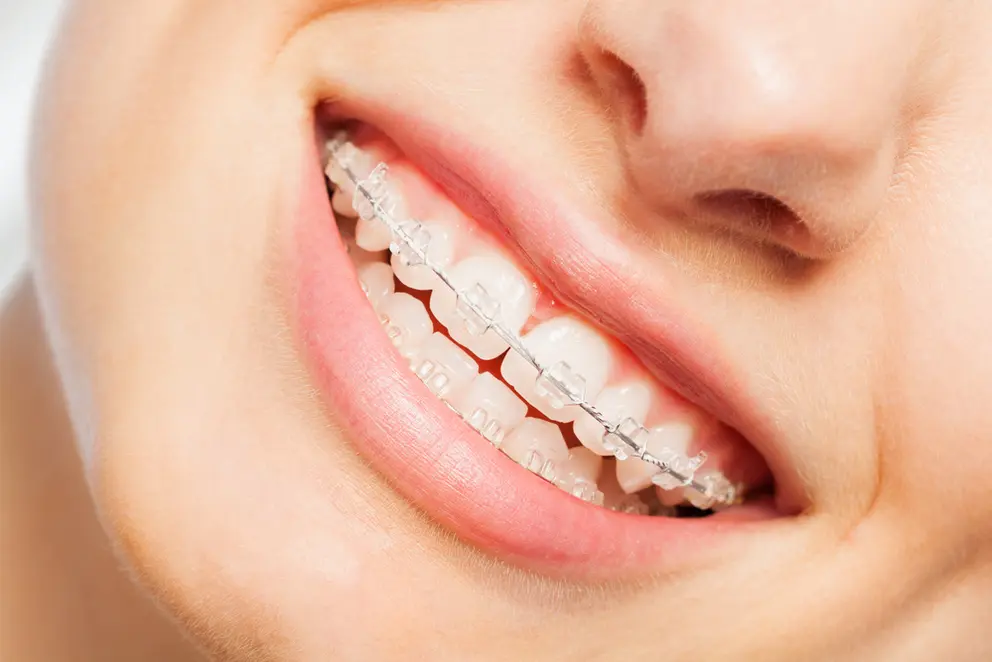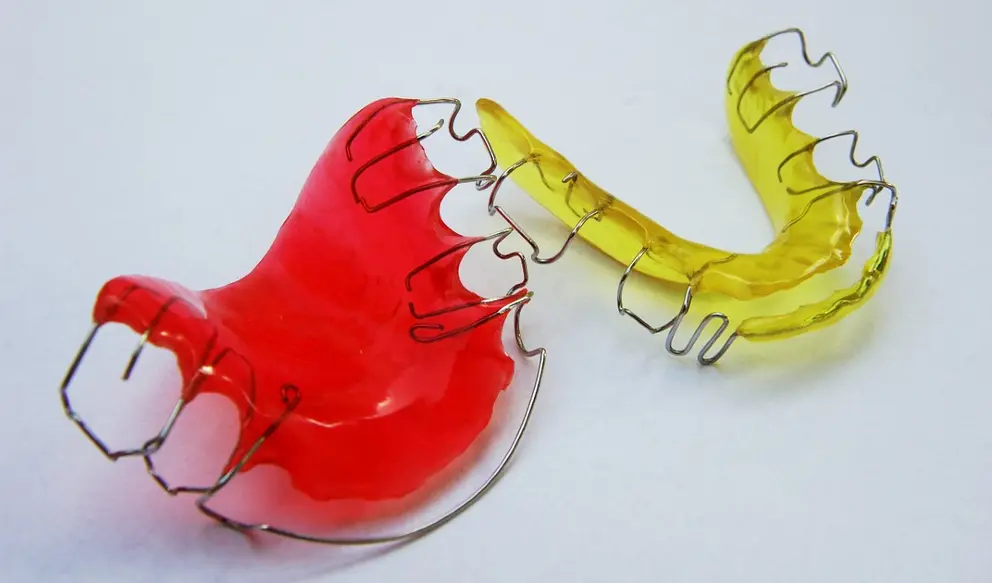
Ceramic Braces
braces are a common tool used by orthodontists to straighten teeth and create beautiful smiles. There are several types of braces treatments available. Traditional metal braces often come with colorful rubber bands, which are popular among kids and teens.
Ceramic braces for overbite correction are another type. These use clear or tooth-colored materials, making the braces less noticeable. Adults often prefer ceramic braces for their subtle appearance.
It's important to choose an experienced orthodontic provider for your treatment. Unlike general dentists, orthodontists specialize in teeth alignment. They undergo 2-4 years of additional training in this field. This extra study gives them much more experience in teeth alignment than general dentists.
Orthodontists focus solely on straightening teeth. They don't do other dental work. This focus means they have years of practical experience. They also have the necessary equipment, technology, and instruments to achieve great results.
Remember, wearing braces, whether traditional metal braces or lingual braces, requires a dedicated professional. Look for an orthodontist who can offer the right type of braces for you.




